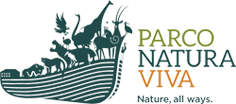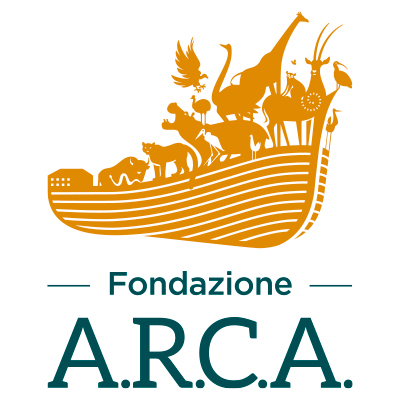In order to contribute to the ex-situ conservation of the giant tortoise, young individuals of around 2 years old have been acquired from the Malagasy institution responsible for the conservation of this species: GERP (Groupe d’Étude et de Recherche sur les Primates de Madagascar). Furthermore, Parco Natura Viva raises visitors’ awareness through specific educational programmes and activities, and financially supports the reintroduction programme of Seychelles tortoises on Rodrigues island, where they are extinct. This project envisages the total renaturalization of the islands of Seychelles’ archipelago, with indigenous plants to recreate the original habitat.
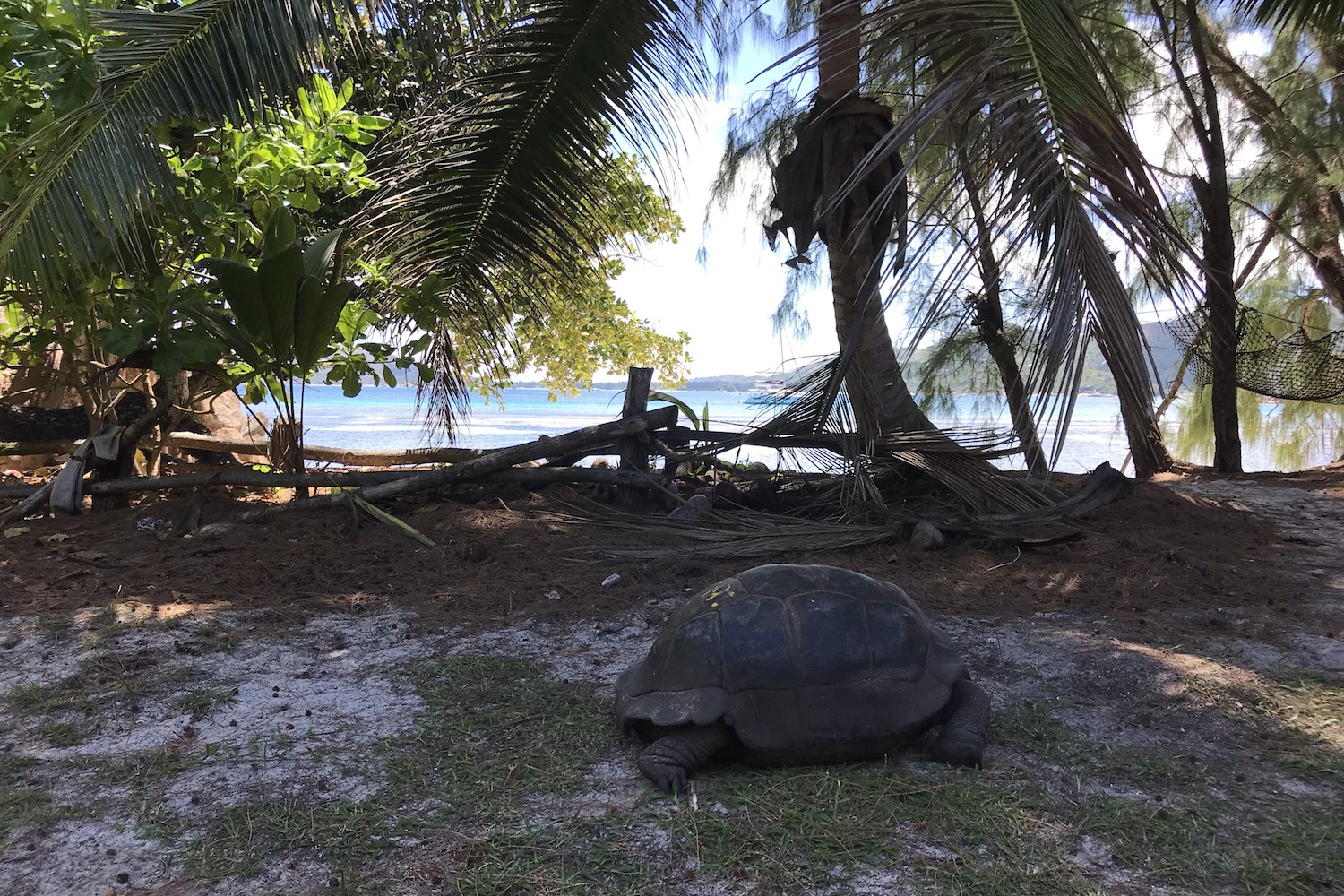 |
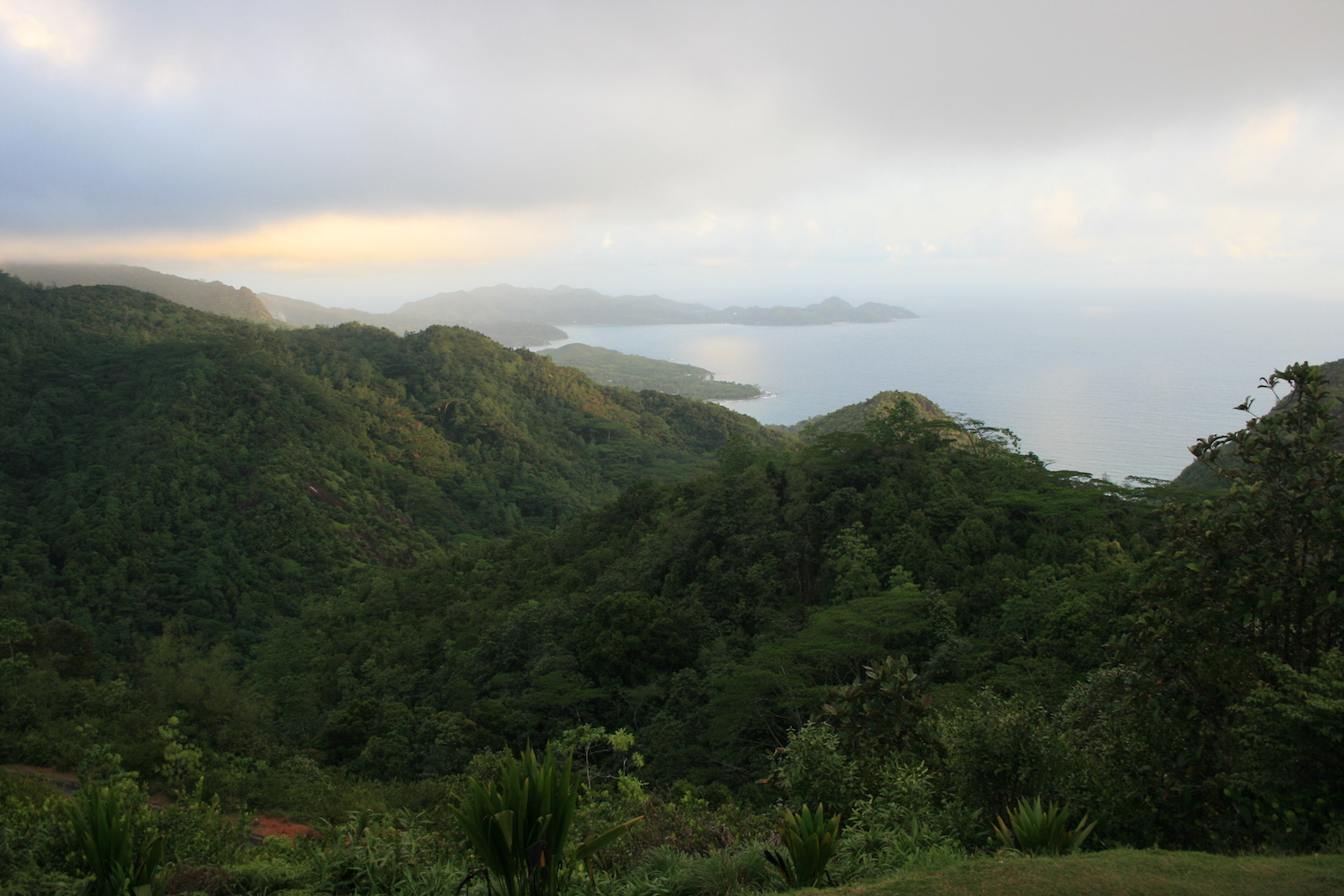 |
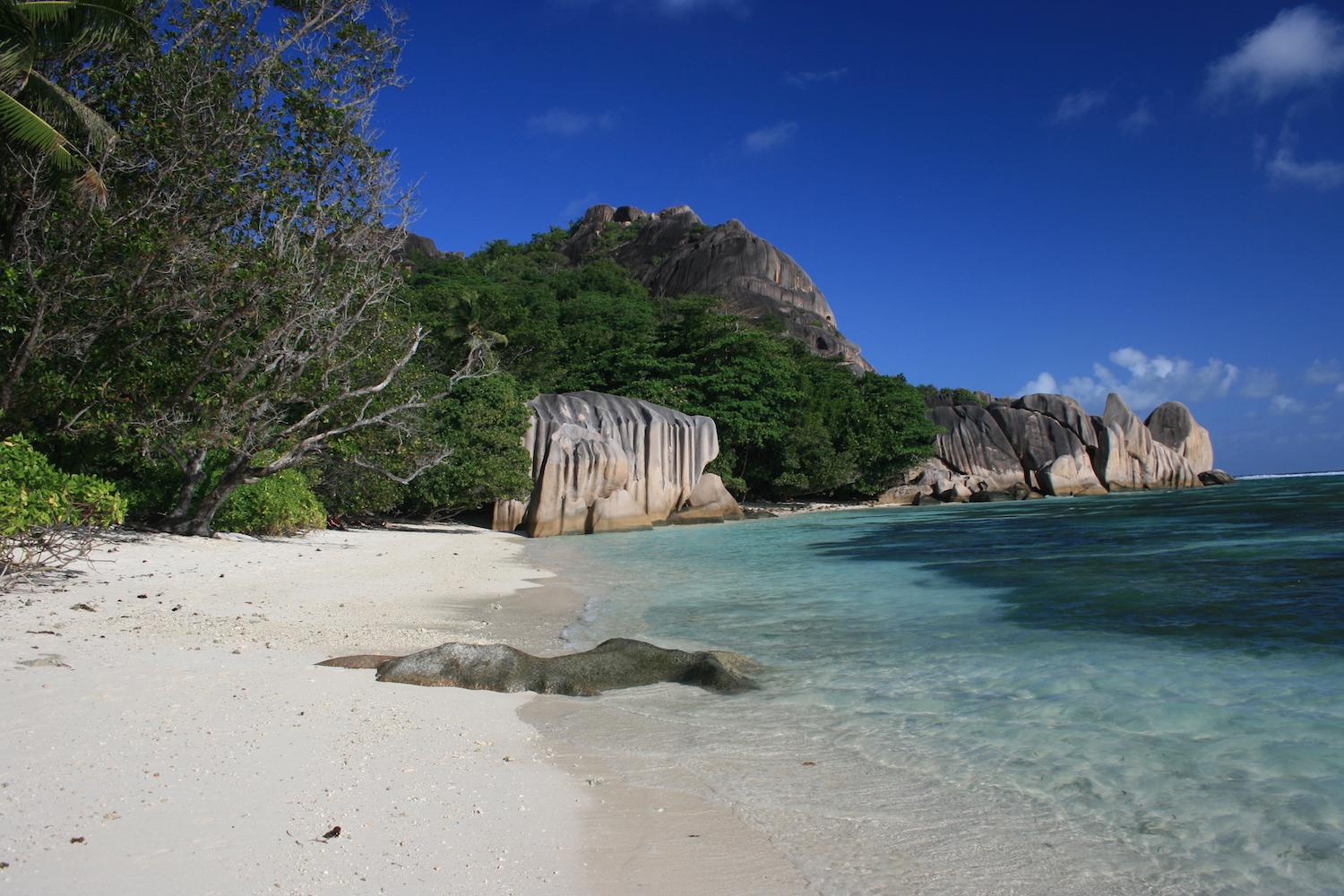 |
Furthermore, Parco Natura Viva actively supports the in-situ conservation of Seychelles giant tortoises by contributing to the purchase of nano-microchips for the GPS-tracking of babies raised in giant tortoises breeding centres in Curieuse island, and these microchips will allow to prevent the illegal trade of young individuals (particularly under the age of 5), activity that greatly threatens the survival of this species. This project is carried out thanks to an agreement that Parco Natura Viva signed, in collaboration with Green Teen Team, with the Seychelles National Parks Authority in 2017.
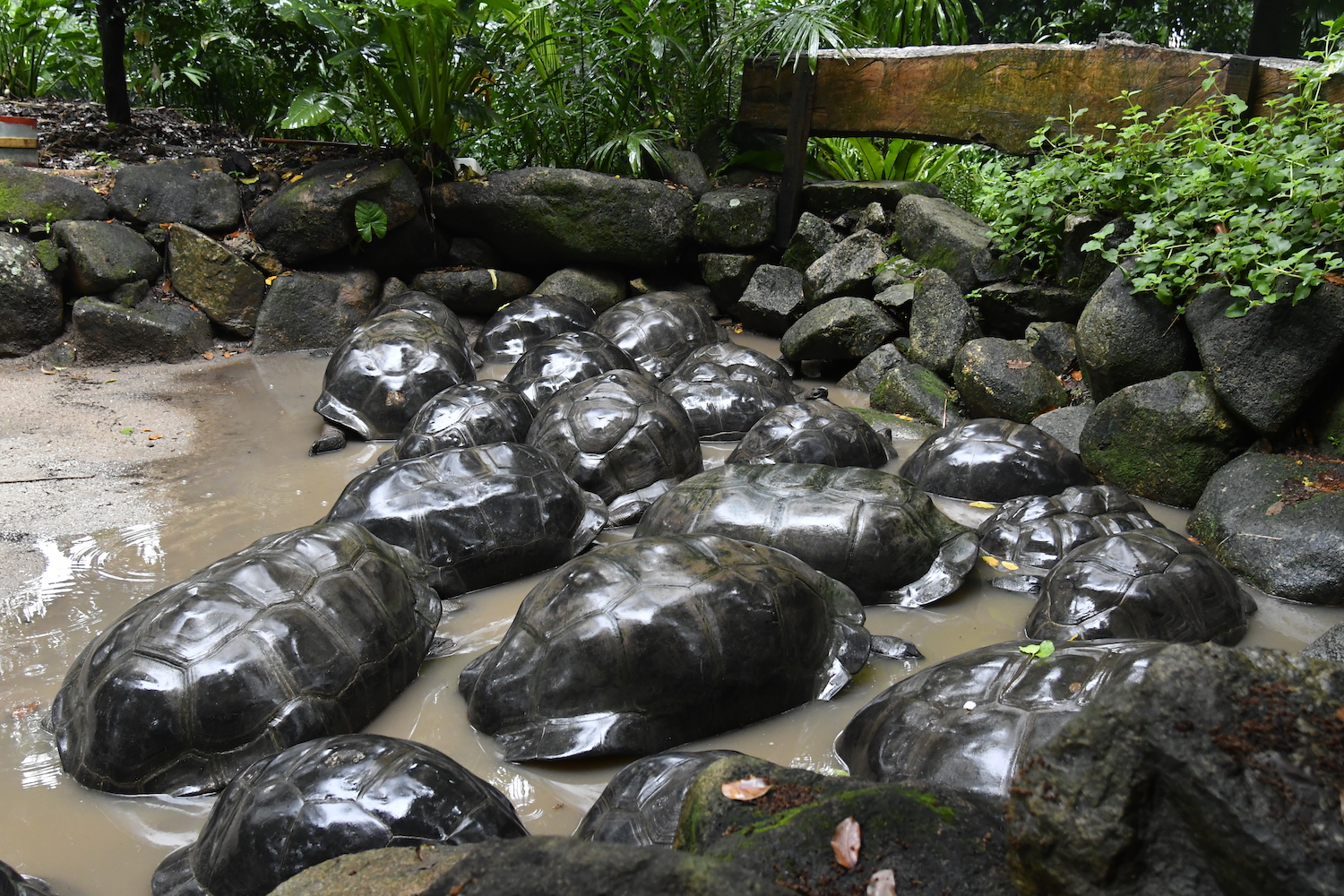 |
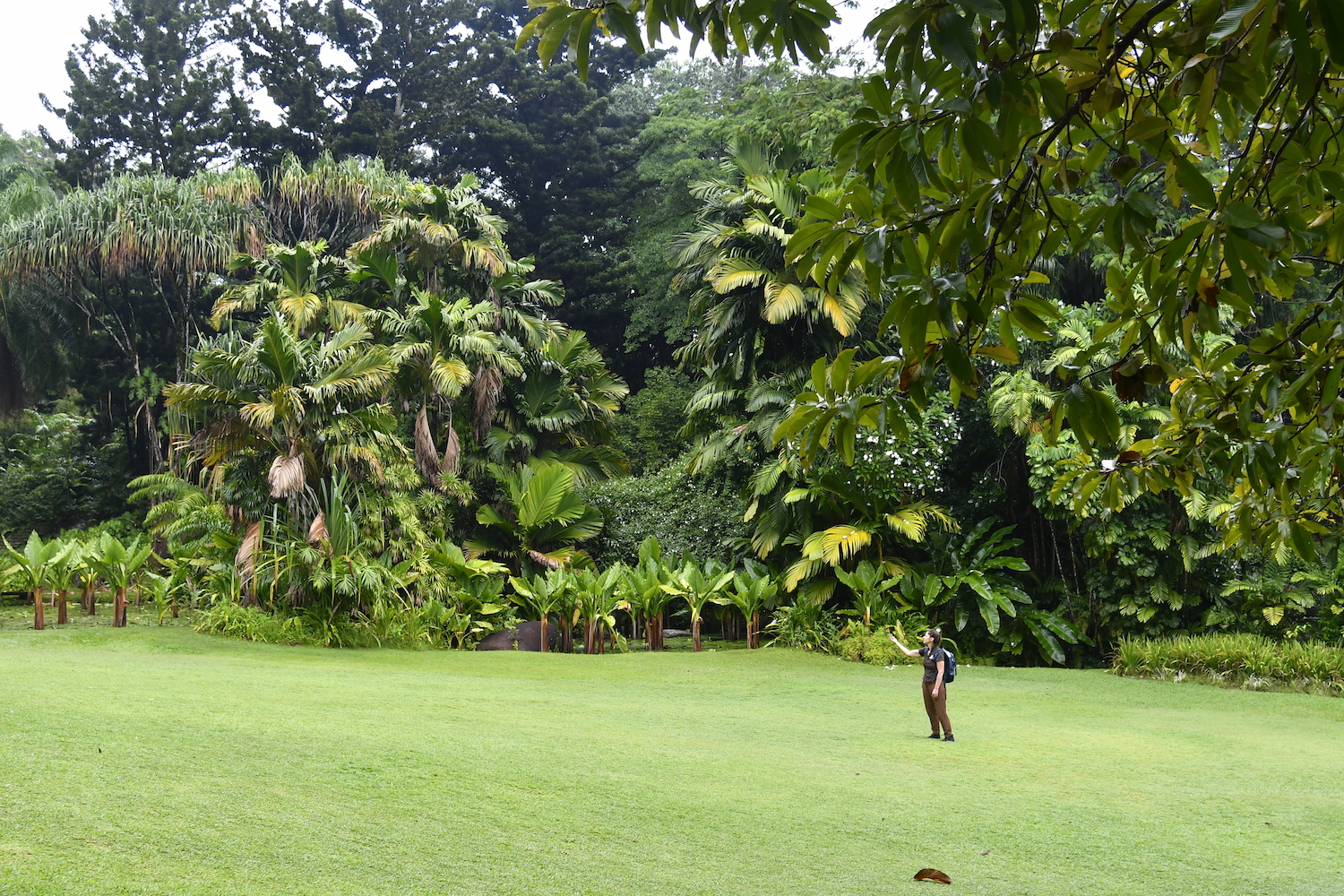 |
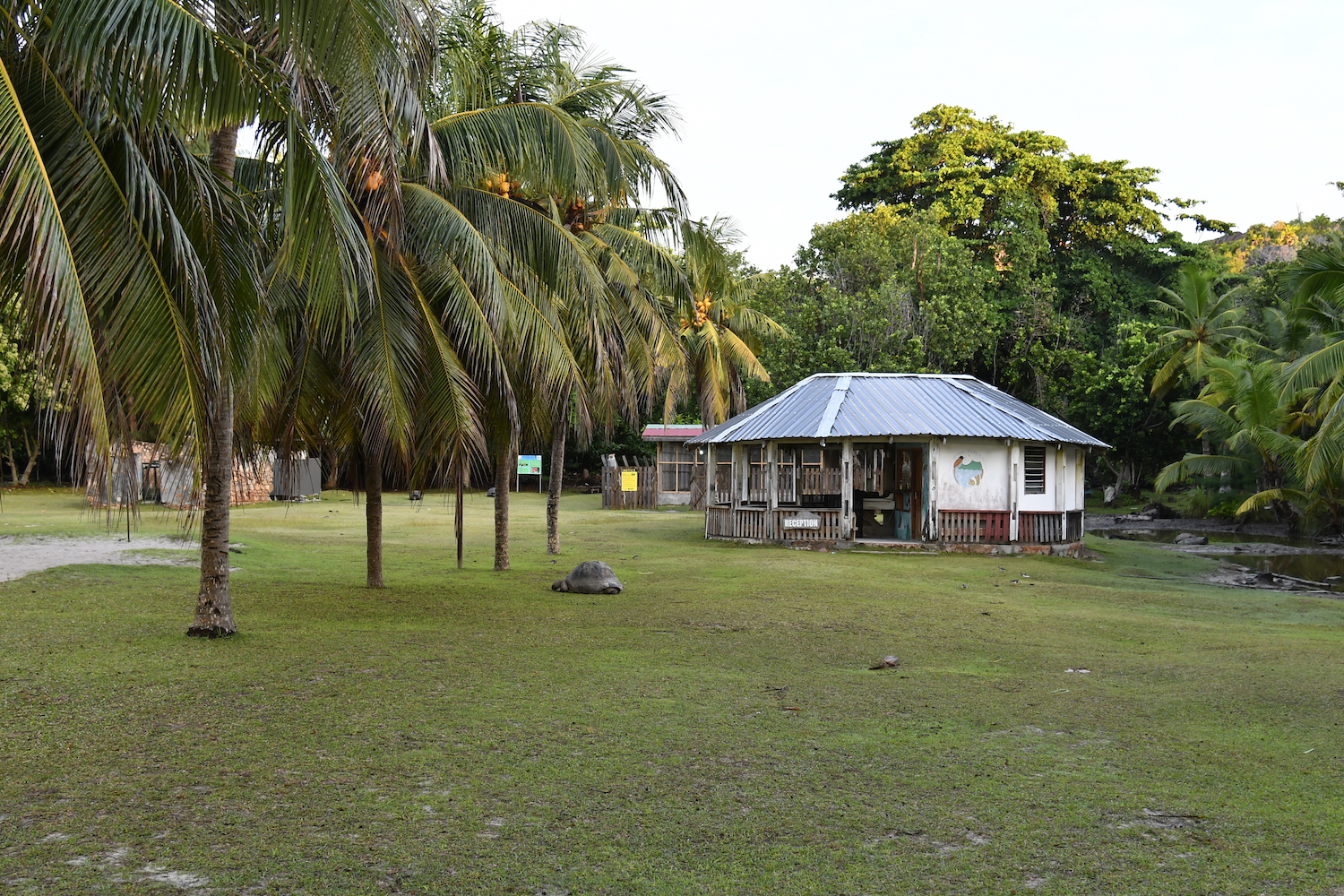 |
This agreement foresees a second conservation project for the safeguard of another emblematic species of Seychelles and critically endangered: the Seychelles sheath-tailed bat Coleura seychellensis. The first stages of the project aim at stopping the emergencies, collaborating with the only local guide in order to carry out a survey on the individuals in the distribution areas, so to know at least the numbers, sex and feeding habits. For Seychelles sheath-tailed bats, this is a desperate attempt given their critical situation, and it is important to conduct it with extreme caution through adequate equipment to guarantee the least invasiveness.
 Italiano
Italiano English
English Deutsch
Deutsch
